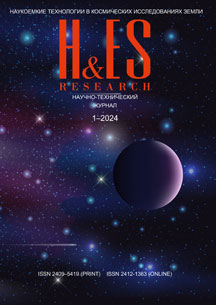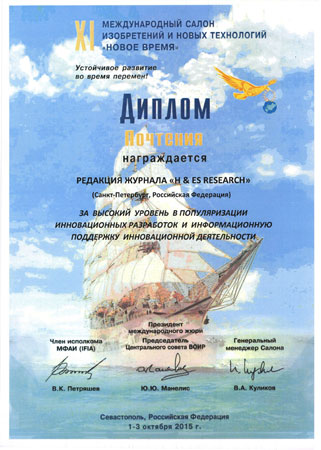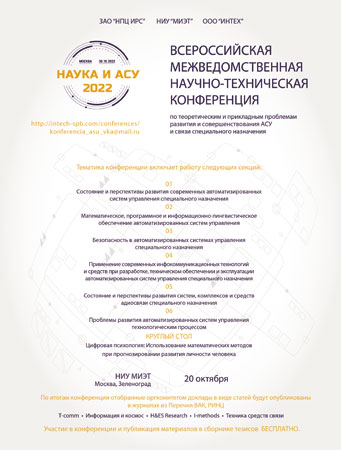The analysis shows that in the period of immediate threat of aggression and, especially in wartime, there is a need to improve the effectiveness of the management of troops, by reducing the working time of the combat calculation of the control body when solving polyadic management tasks.
One of the most preferred ways to reduce the working time of the combat crew of the control body is to use a dialog mode of interaction between the persons of the combat crew and the automated workplace of the automation complex based on the use of queries in a natural-like language. One of the elements necessary for the organization of such interaction, which allows you to take into account the sequence of steps of the dialogue, depending on the needs of the combat crew, is an adaptive dialogue scenario. The dialog structure is represented as a set of weighted directed dialog graphs. This formalization allows you to take into account the sequence of data input when solving management problems by highlighting the components of strong connectivity and determining the order of dialogue steps within them based on the relationships of inter-frame relationships.
In order to take into account changes made to the structure of the weighted oriented Directive graph of the dialog, depending on the received request in a natural-like language, the structural components of the command and a set of conditions are highlighted in the request of the combat crew members. The set of conditions after predicate-subject interpretation and checking for correctness of the value is represented as an empty graph. The subtraction operation between the weighted oriented Directive graph of the dialog and the empty graph allows you to generate a set of resulting dialog steps and determine the transition function between them. Placing the dialog steps in ascending order of priority, determined on the basis of a weighted oriented Directive graph, forms an adaptive dialog scenario.



















